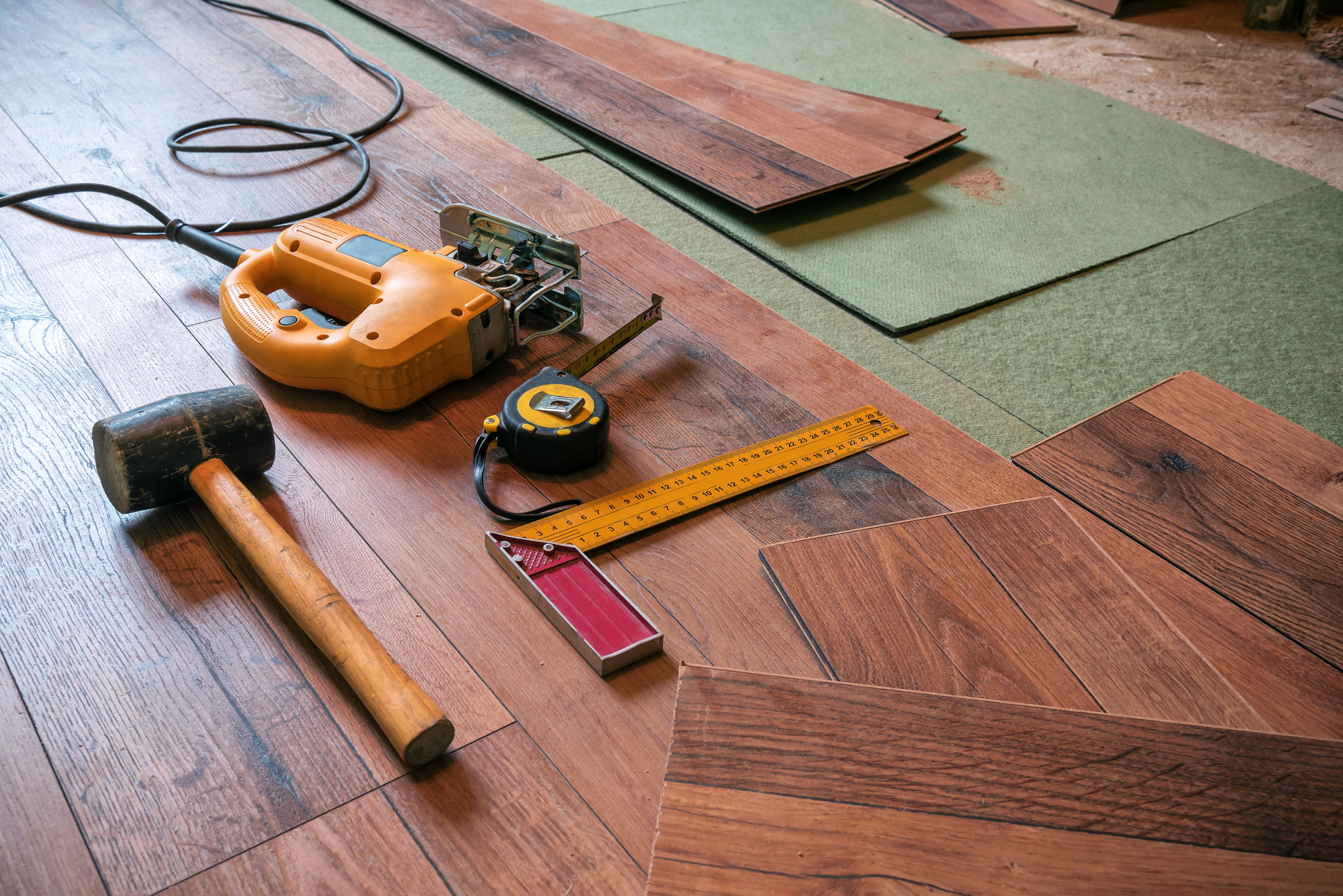DIY vs. Professional Flooring Installation: What You Need to Know
Understanding the Basics
When it comes to flooring installation, homeowners are often faced with the decision between undertaking a DIY project or hiring a professional installer. Each option has its own set of advantages and disadvantages that can impact the final outcome, cost, and time commitment.
DIY flooring installation can be a rewarding experience for those who enjoy hands-on projects and have the necessary skills. However, it's essential to understand the complexities involved before making a decision.

Cost Considerations
One of the primary factors in choosing between DIY and professional installation is the cost. Generally, DIY projects can save you on labor expenses, but they might require purchasing or renting tools and equipment, which can add up.
- DIY Costs: Material costs, tool rentals, potential for mistakes.
- Professional Costs: Labor fees, but often include warranties and expertise.
Skill Level and Experience
Your skill level plays a critical role in determining whether you should opt for a DIY approach. Flooring installation can be intricate, requiring precise measurements and techniques.
If you have previous experience with similar home improvement projects, you may feel confident in tackling the task. However, for first-timers, there is a risk of costly mistakes that could affect the appearance and longevity of the flooring.

The Time Factor
Installing new flooring is not only a financial investment but also a time commitment. DIY projects can take significantly longer than professional installations, especially if you are learning as you go.
Consider how much time you can realistically dedicate to the project and whether it aligns with your schedule. Professionals can often complete installations efficiently due to their experience and access to specialized tools.
Quality and Finish
The quality of the finished product is another crucial factor. Professional installers bring expertise that ensures a high-quality finish, minimizing the risk of uneven surfaces or gaps between floorboards.
DIY installations may lack the polished finish that professionals provide. This difference is particularly noticeable with complex materials like hardwood or tiles that require specific techniques.

Warranty and Support
A significant advantage of hiring professionals is the warranty and support offered. Many installers provide guarantees on their work, offering peace of mind that any issues will be addressed without additional cost.
With DIY projects, any mistakes or defects are your responsibility. This can lead to additional expenses if repairs are needed down the line.
Making Your Decision
Ultimately, the choice between DIY and professional flooring installation depends on your budget, skills, time availability, and quality expectations. Weighing these factors carefully will help ensure you make the best decision for your home.
If you're confident in your abilities and have the time, DIY might be a fulfilling option. However, if you prioritize a flawless finish and value your time, hiring a professional could be the better choice.
